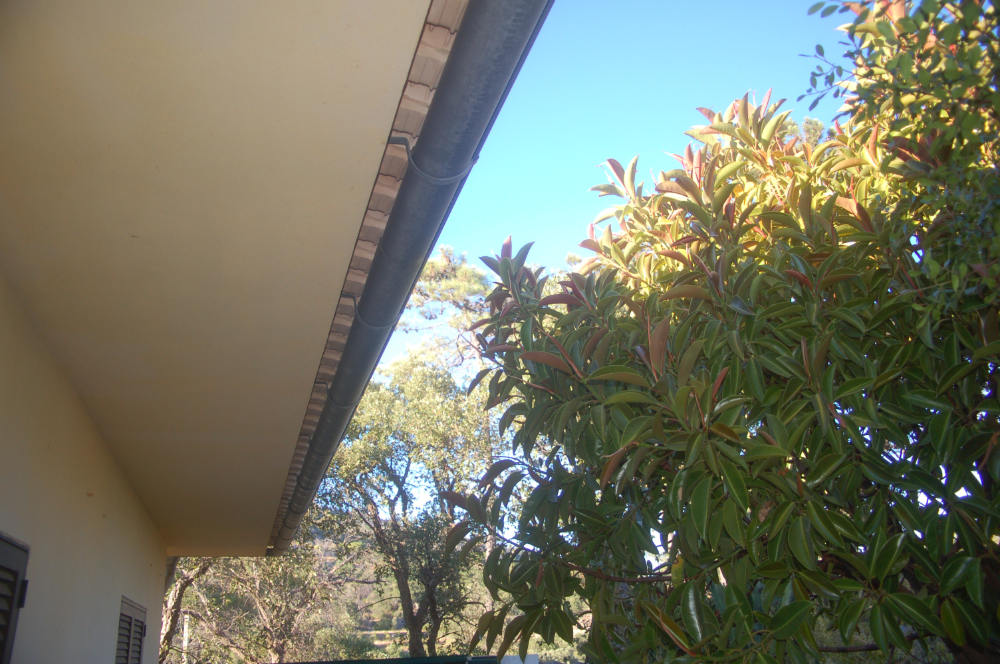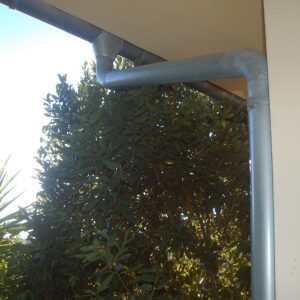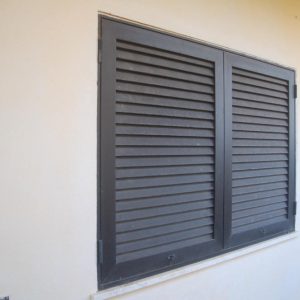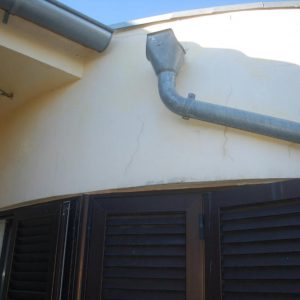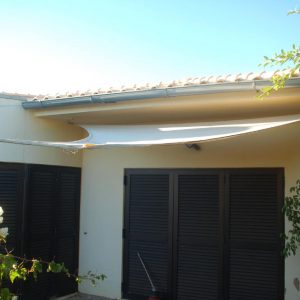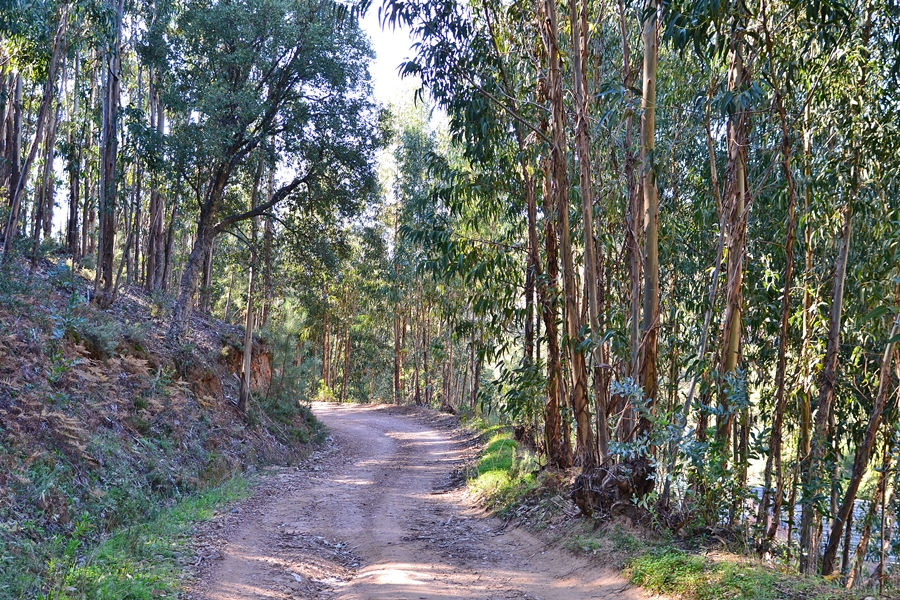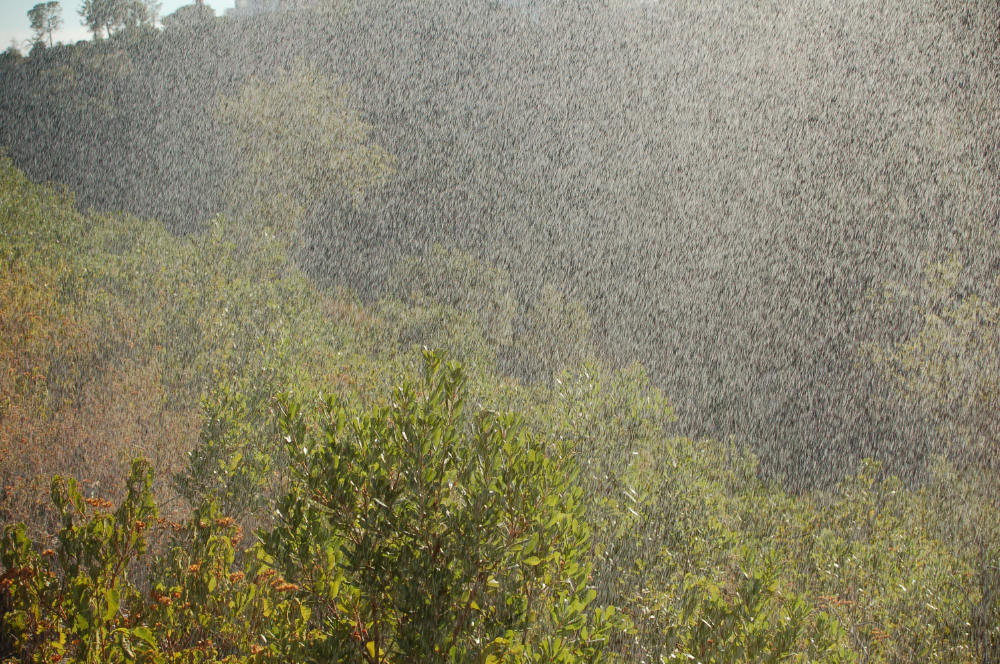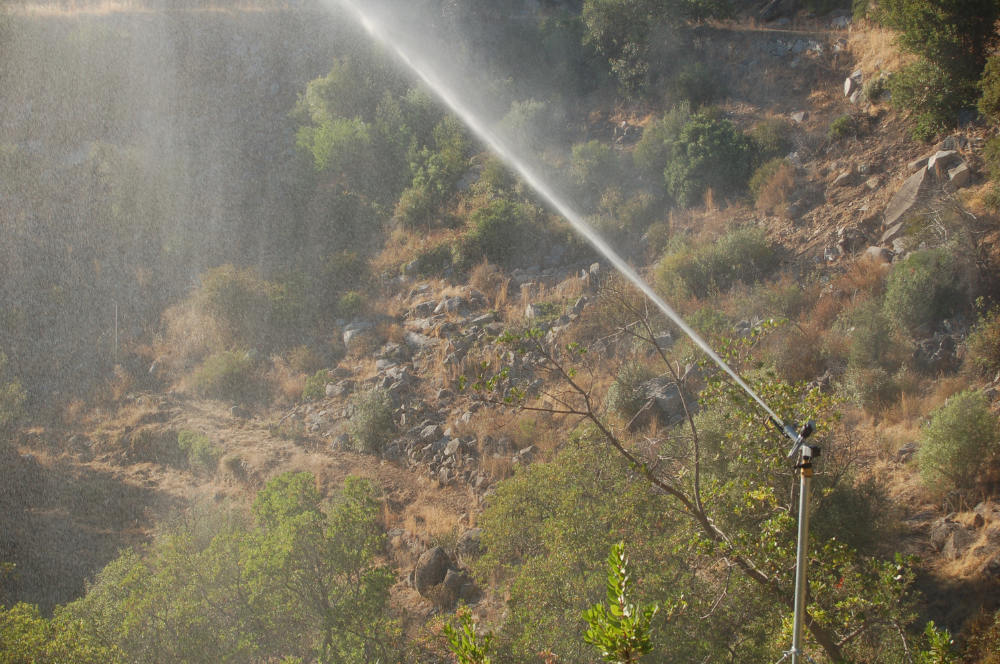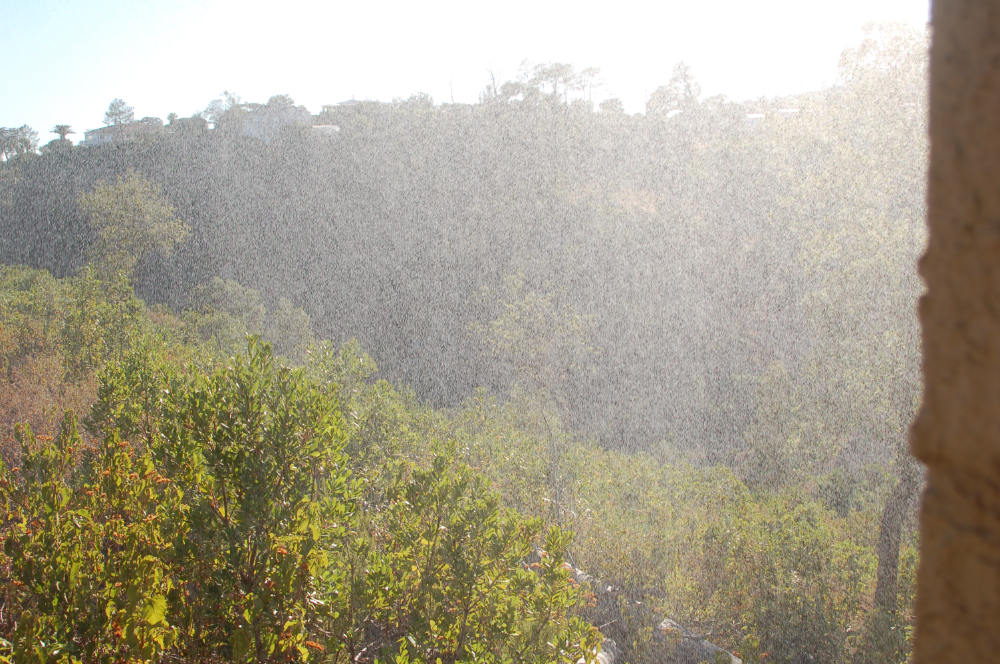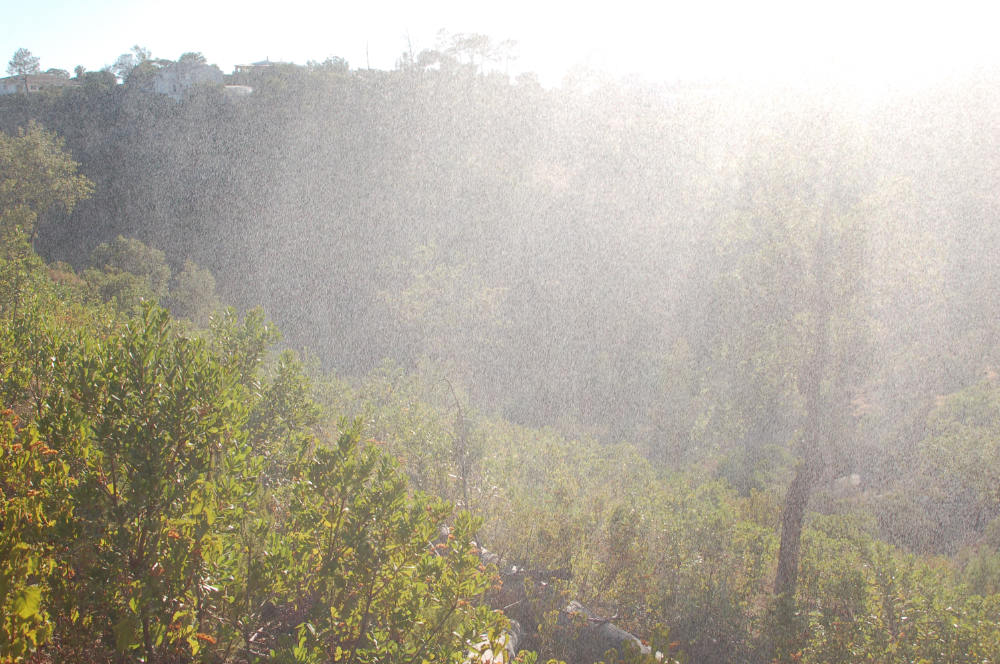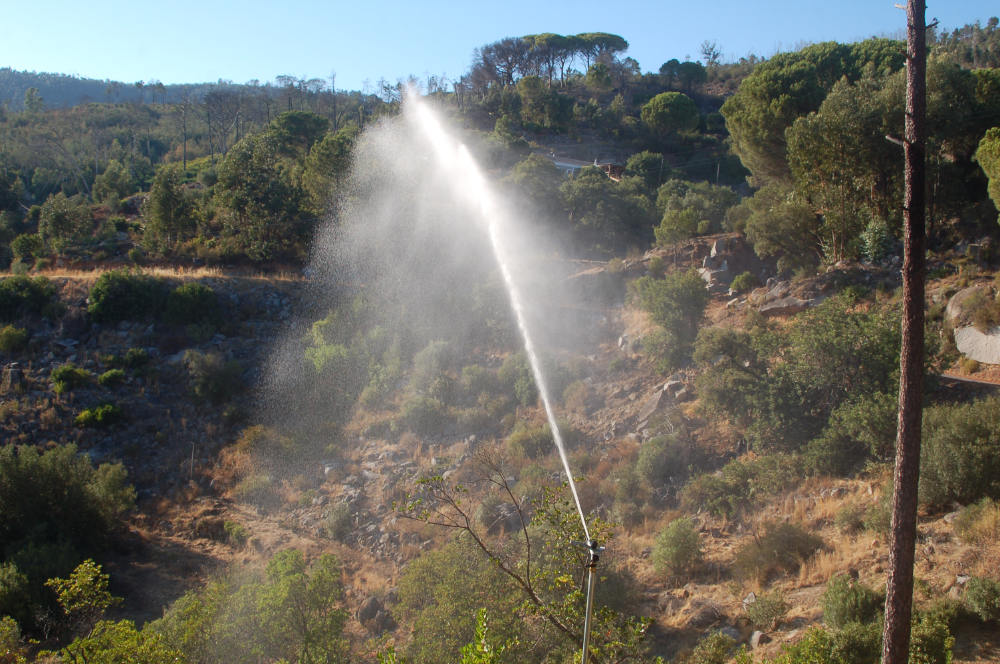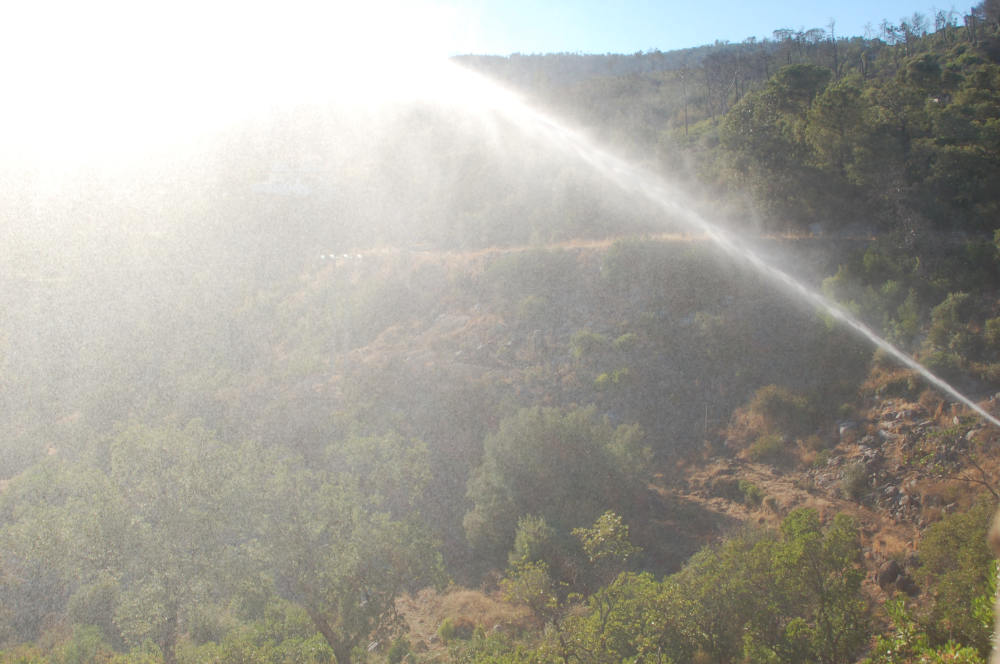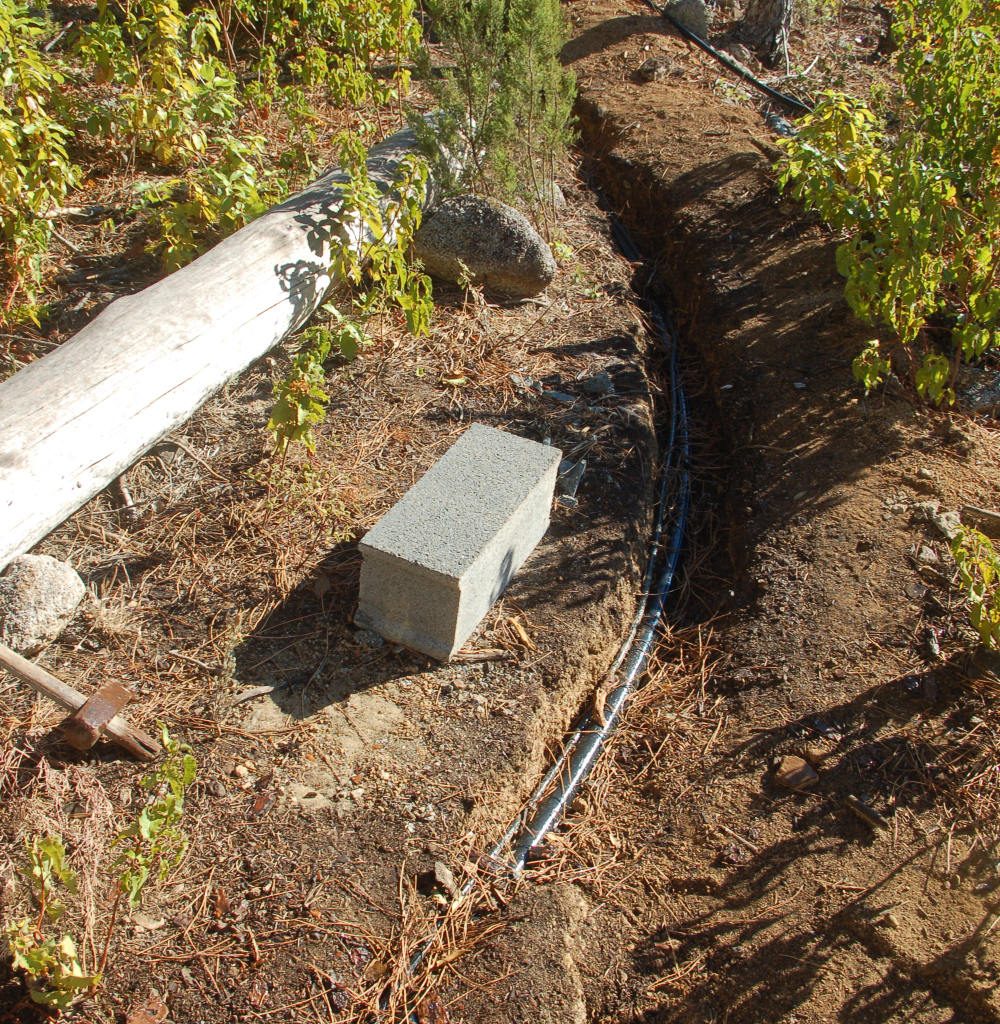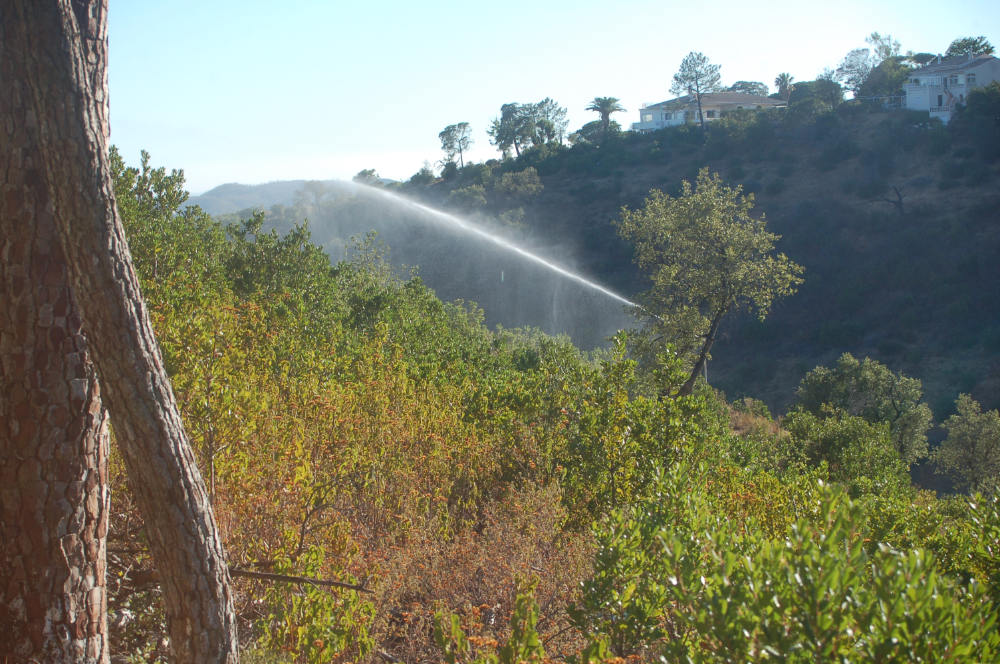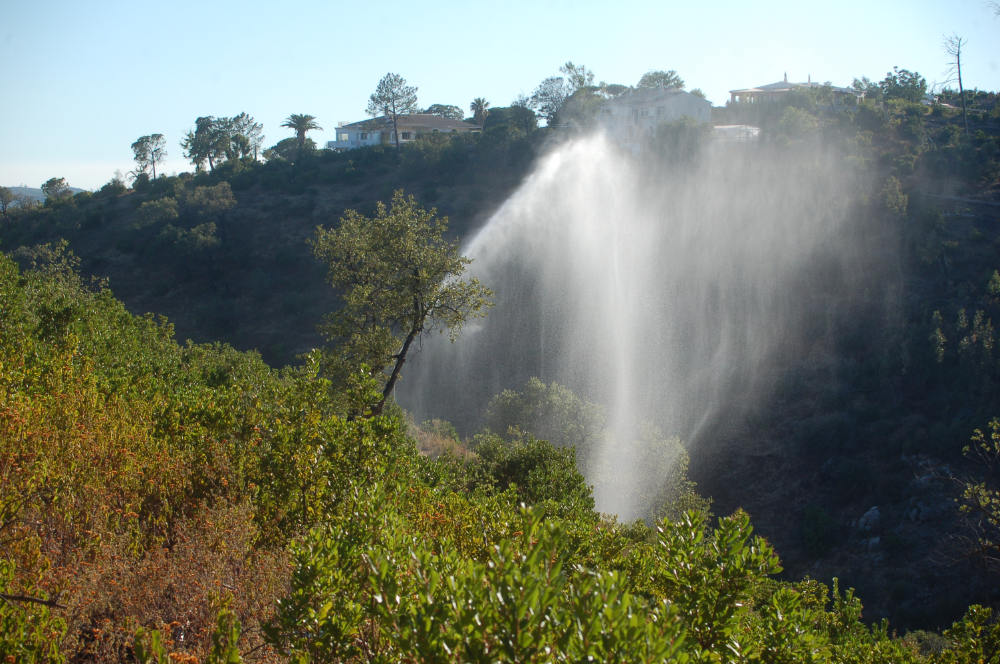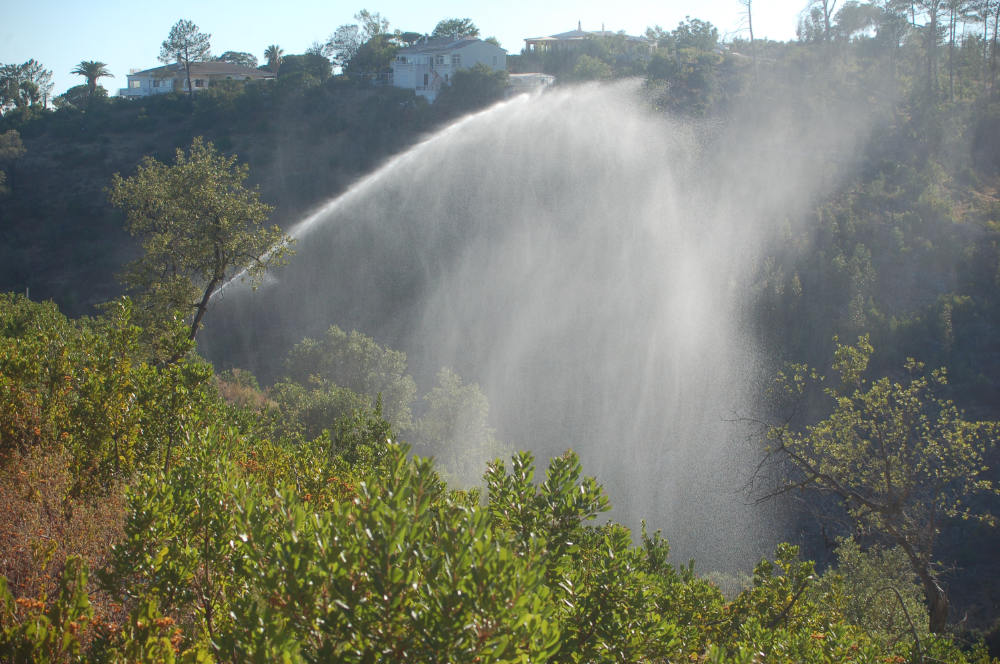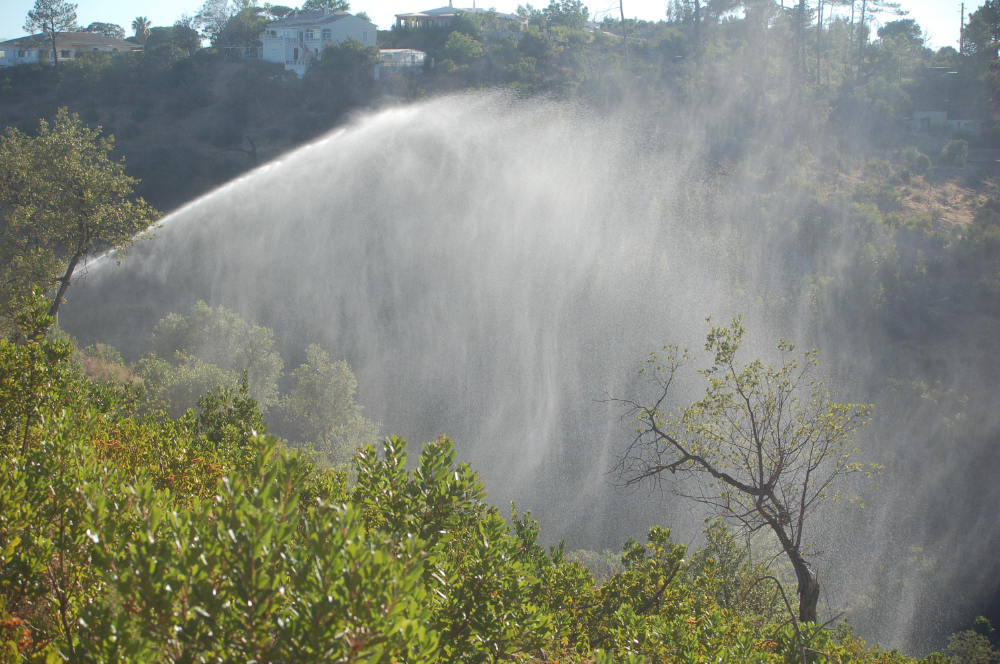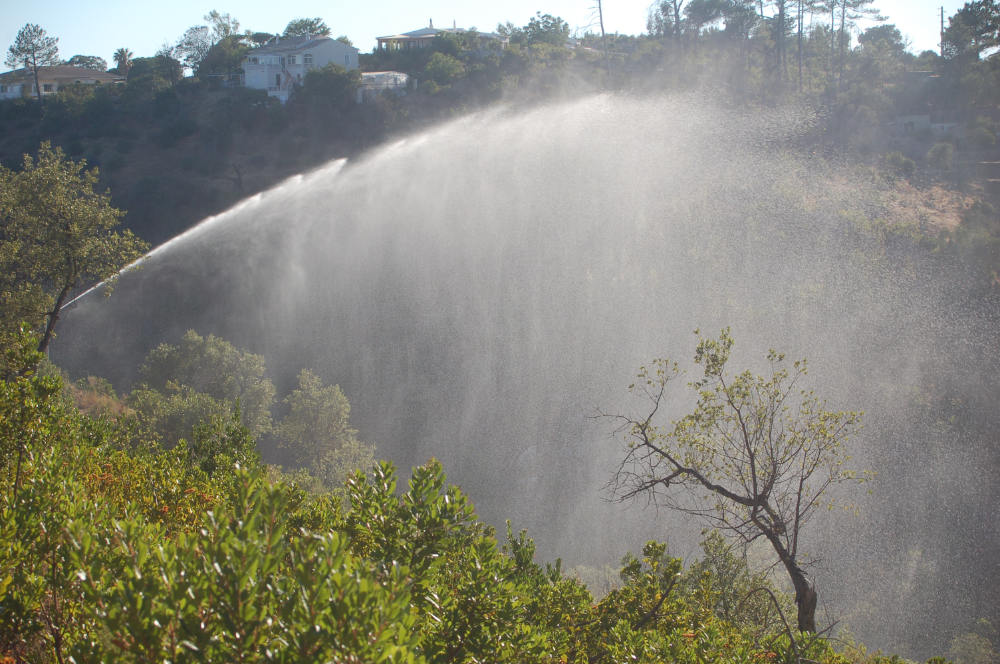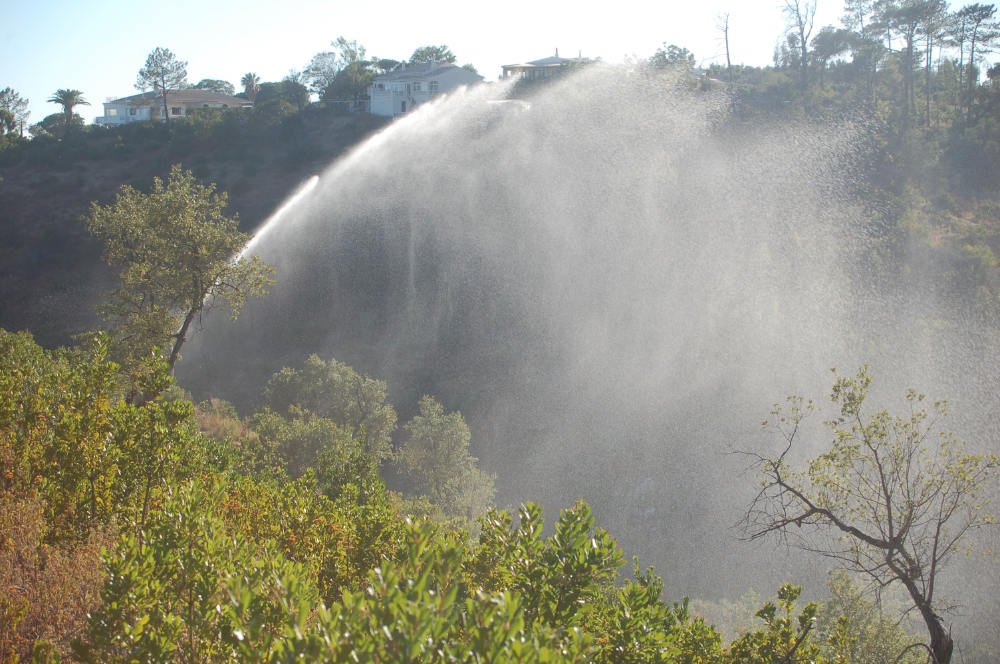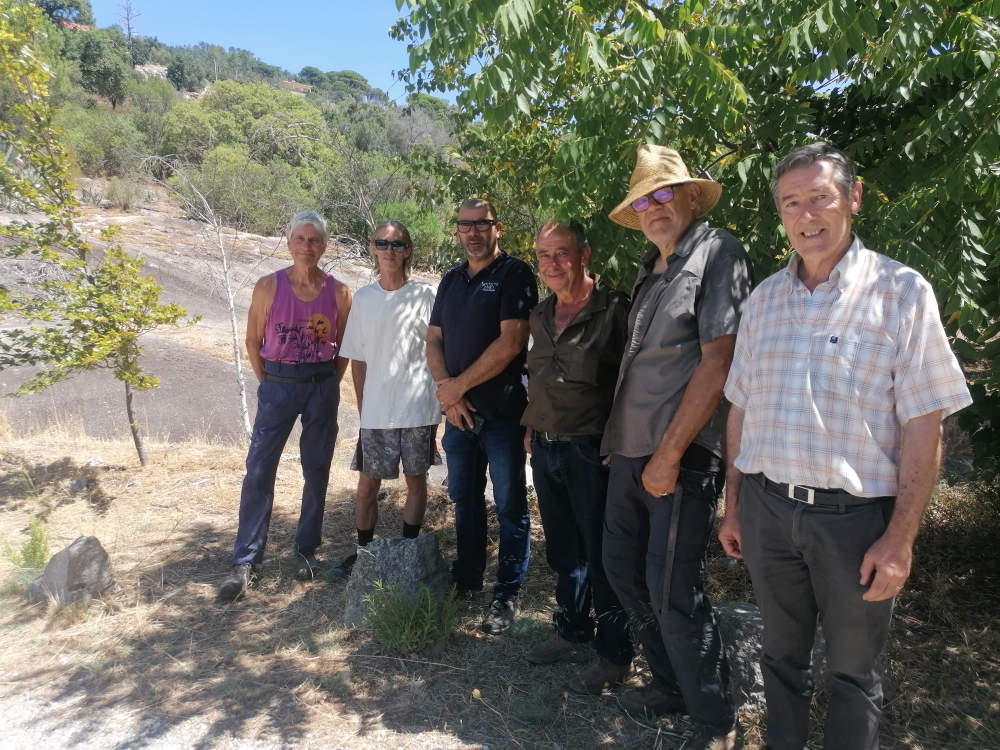Last Saturday, 30 July, ECO123 publicly presented its sprinkler system for the prevention of forest fires. There’s a long story behind this whole process. California has already been constantly devastated by fires, but now they’re also happening with alarming regularity in France, Australia, Italy, Germany, and, of course, Portugal and Spain. Over the last few weeks, there have been some extremely serious forest fires in Europe. Have we already entered the Torrid Age of climate change? ECO123 online has long been concerned about the theme of forest fires and our website offers practical tips about the steps we can all take to protect ourselves. But why is prevention so important and what does this imply? in times of climate change, this is a question that matters to all of us, and it represents a real challenge for all those who love the forest and live close to it.
The material that you choose for your roof’s structure is fundamental. The roof is the weak point through which fires can enter your home and destroy it. Wooden structures should therefore be avoided in forested areas. So, it’s preferable to build your roof frame with reinforced concrete beams and then cover these with traditional clay tiles. Currently, if you live close to a forest, you have to be ready for forest fires. You should therefore also avoid windows with wooden frames, which means that aluminium frames are much better. Shutters should also be made of aluminium. When they’re closed, they can act as a barrier and provide added protection. We don’t recommend using synthetic materials for insulation: you should preferably use cork (which is fire-resistant) to insulate your roofs and walls.
Fires can also enter your home through broken windows. You have to have special protection when you live in a house next to (or even inside) a forest, so that owners must take out an appropriate insurance for their buildings. It’s also a good thing to build a wall that can function as a fire break and prevent the fire from invading your family home or agricultural facilities. A firewall of this type guarantees safety as it protects you from the heat and flames. Climate change is causing increasingly serious problems for people, a reality that has already been confirmed in various ways this year. Continuing to burn fossil fuels in order to travel by car or plane, or to power agricultural machinery, in our day-to-day life or during the holidays, is bringing us ever closer to the abyss. Can we carry on as if nothing were happening? We have to prepare ourselves for difficult times of water shortages ahead. Yes, we’ve already entered the Torrid Age.
The solution came to me when I woke up one day: sprinklers. We had interviewed three or four victims of the fires the day before, part of an ongoing study that had already taken several weeks. Our aim was to obtain a general idea of the financial losses that Monchique’s inhabitants had suffered with the fire. We recorded these interviews.
Anyone who cares to undertake a detailed analysis of the huge damage caused by the Monchique fires of 2003, 2016 and 2018 will discover that 97% of the houses had no fire insurance and that they weren’t built in a way to withstand fires. How can we reduce the risks? In a region where 80 per cent of the land is covered with industrial eucalyptus plantations, fire prevention is the most important investment for the future and for the survival of its inhabitants. I don’t understand why, for many decades now, politicians have not bothered themselves with this subject. It’s an area where local politicians have a lot of work to do, explaining things, providing information, training and educating people. What are people’s real concerns? Obviously, they want a house that’s insured, and they don’t want forest fires. In Monchique, no one talks about forest fires, either at schools or in public. Forest fires are a taboo subject. So far, at least. The local firefighters don’t give the population any training about how to combat fires. Perhaps the extreme drought resulting from climate change might actually alter this situation. The threat hangs over all our heads, without exception. Our springs, streams and reservoirs are all drying up.
Water shortages and extreme drought are increasing the risk of fires.
Fire has transformed human beings into what they are today: people who want to tame Nature, but who can’t control fire. We place ourselves above all of Nature’s other creatures, and then we end up destroying it even more ourselves. By destroying Nature, we expose ourselves to ever more dangers. In those places where everything has burned, there now remain only ashes, and there is no shade. It’s the beginning of an extreme drought. How we deal with our water resources is now a crucial topic. In Portugal, we can’t introduce species of trees and plants that exhaust our water resources just because they enable us to make some money. We live in a climate that is not compatible with eucalyptus and acacia trees. Those who plant them should be punished. Industrial plantations of eucalyptus must be banned. Eucalyptus is a species that needs a lot of water – ten times more than a cork-oak tree. I personally compare a person who insists on planting eucalyptuses with someone who insists on placing their hands in the oven, even though they’ve already been burned in this way. We all know what the consequences are.
In just a short space of time, climate change has transformed our country into an arid region, where it now rains only one tenth of what it used to do a few centuries ago. Predictable rainfall patterns are now a thing of the past… Previously, in October, after a hot summer, rain-filled clouds would blow into Portugal from the Atlantic (South-west), coming up against the Serra de Monchique and unleashing their contents. Now the prevailing winds come from the South-east and they bring no rain with them, just the sand and the heat of the Sahara. It’s a phenomenon that is linked to the weakening of the Gulf Stream in the Atlantic, due to climate change. The little rain that does arrive here is cold and is related to the Labrador Current that comes from the North-west. It causes thunderstorms. That’s what we’re told by the meteorological research studies undertaken into the phenomena currently taking place on Earth.
So, faced with this new reality, we need to find solutions. We have to show greater respect for our water resources, which means capturing what little rain we have in tanks, just as our ancestors used to do. We need mixed forests that have the capacity to absorb water. Drought is the main problem. Most forests in Europe are simply going to dry out and end up catching fire. Later, once they’ve all burned, nothing more will grow in these places. It’s utter destruction, dictated by greed and consumption. We need to use water wisely, whether it’s intended for fighting forest fires, watering gardens and newly-planted forests, or for human consumption. We’ll all have better chances of survival if we give absolute priority to the most important element on Earth: water. We have to capture and store water instead of simply letting it flow into the sea. All building licences should be authorised, provided that they include plans to instal gutters and tanks to store rainwater. At ECO123, we have 600m2 of fire-resistant roofs and gutters, which channel the rainwater into various tanks.
Human beings must evolve
Only in this way – it’s the only possibility – will human beings have the chance to become resilient and prove capable of adapting to climate change. Only in this way will there be enough water to extinguish forest fires. Moreover: Water and the forest must be considered absolute priority issues in political decision-making. With each forest fire, the regions become poorer and there is a greater desertification of inland areas. Consequently, poverty spreads, accompanied by psychological problems. The catastrophes caused by fires provoke traumas that leave people unable to act. Young people flee the countryside and head for the city. The years go by, and we live paralysed by fear – but we could become more active by developing a concept that operates on various fronts: give firefighters better equipment, invest half the tax revenue in providing active protection against fires, make firefighters even more efficient and organise reforestation at a local level. In Monchique, this would mean building extra fire stations in Alferce, Marmelete, Selão and Caldas de Monchique. All the owners of buildings situated close to the forest would have to take a fire prevention course with the firefighters, learning how to rapidly extinguish fire outbreaks. We have to overcome our fear of fires and learn how to respect them, we must have the right equipment and suitable clothing, including fire-resistant boots and a gas mask. Because it’s water that we will use to put fires out, but we have to know how.
Each square kilometre of burnt forest emits 20,000 tons of CO2. António Guterres informed us of this fact at a United Nations assembly. Forest fires further aggravate climate change. It’s time to finally protect Nature in an efficient and effective way, giving absolute priority to trees, forests, water, soil and pure air. We have to plant native species of trees to protect the forest against fire. It’s time to finally activate the Natura 2000 network in Monchique too, and thus protect Nature. We have to transform a million hectars of eucalyptus forest into a diverse forest without any eucalyptus. This measure will also help to mitigate the risk of fire.
Following the 2018 fire, this was how we formed the idea to create a Botanical Forest Garden, equipped with a sprinkler system. The crowdfunding campaign to finance the protection system lasted for half a year and it took another six months to implement the project, which includes an underground system of pipes and high-performance sprinklers. Last Saturday, 30 July, ECO123 publicly presented its sprinkler system designed to protect against forest fires. The opening was attended by the Mayor of Monchique, Paulo Alves, and the President of the Parish Council, José Gonçalves. Within the space of just one year, a protection system was implemented that can be activated at the touch of just one button. It’s a system that spreads water over two hectares of woodland and is capable of controlling any fire. The tank that is linked to the system is permanently filled with 50,000 litres of rainwater ready to combat fires. The pumping system is powered by a dedicated generator, because when there’s a forest fire, there are also power cuts.
At the Monchique Botanical Forest Garden, we also intend to plant a mixed forest that will preserve the diversity of the natural world in this range of hills. Our aim is not to make a profit, but to protect Nature. The technology that was needed to instal this sprinkler system is simple and it can be used in any forest. During 2022, ECO123 will organise a series of events related to this theme, at Caldas de Monchique, to which we invite all interested parties and stakeholders. More information can be requested by email at: editor@eco123.info or by telephone at: +351/918.818.108. You can also consult our website: https://eco123.info.
 Eco123 Revista da Economia e Ecologia
Eco123 Revista da Economia e Ecologia

